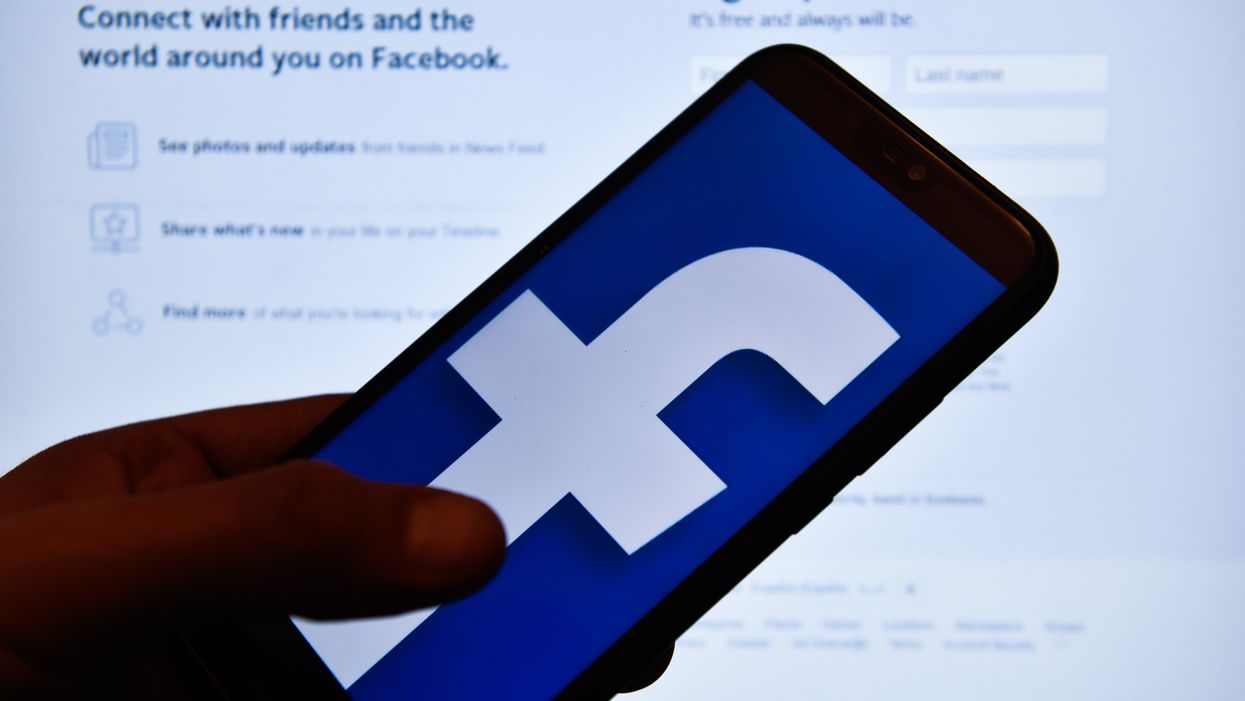
Omar Marques/SOPA Images/LightRocket via Getty Images

Violators would be banned from livestreaming on Facebook's platform
Facebook has announced that it is changing its policy regarding livestreaming. Beginning Tuesday, the company will institute a "one strike" policy to ban people who violate its terms of service from posting video.
On March 15 at 1:04 p.m. local time, a killer entered a mosque in Christchurch, New Zealand, and opened fire. The attack killed 51 people. The gunman livestreamed the attack, and Facebook struggled to take down multiple versions of the video from its service.
According to a news release from Facebook:
Today we are tightening the rules that apply specifically to Live. We will now apply a 'one strike' policy to Live in connection with a broader range of offenses. From now on, anyone who violates our most serious policies will be restricted from using Live for set periods of time – for example 30 days – starting on their first offense. For instance, someone who shares a link to a statement from a terrorist group with no context will now be immediately blocked from using Live for a set period of time.
Facebook also said that it was partnering with The University of Maryland, Cornell University, and the University of California, Berkeley to figure out a way to identify videos of events like the Christchurch mosque attack that are edited in a way to make them currently difficult for Facebook's systems to identify. It noted that while it was trying to take down the killer's video of the Christchurch attack, edited versions were being posted "not always intentionally" by Facebook users.
The news release explained that the policy until now had been to remove any video that violated the site's community standards, and to suspend any users who repeatedly posted banned content. People were only banned from the site altogether, it said, "either because of repeated low-level violations, or, in rare cases, because of a single egregious violation (for instance, using terror propaganda in a profile picture or sharing images of child exploitation)."
The new rules will only apply to the Facebook Live feature. Users who violate the "one strike" policy and are banned from Facebook Live will still have access to other parts of Facebook.